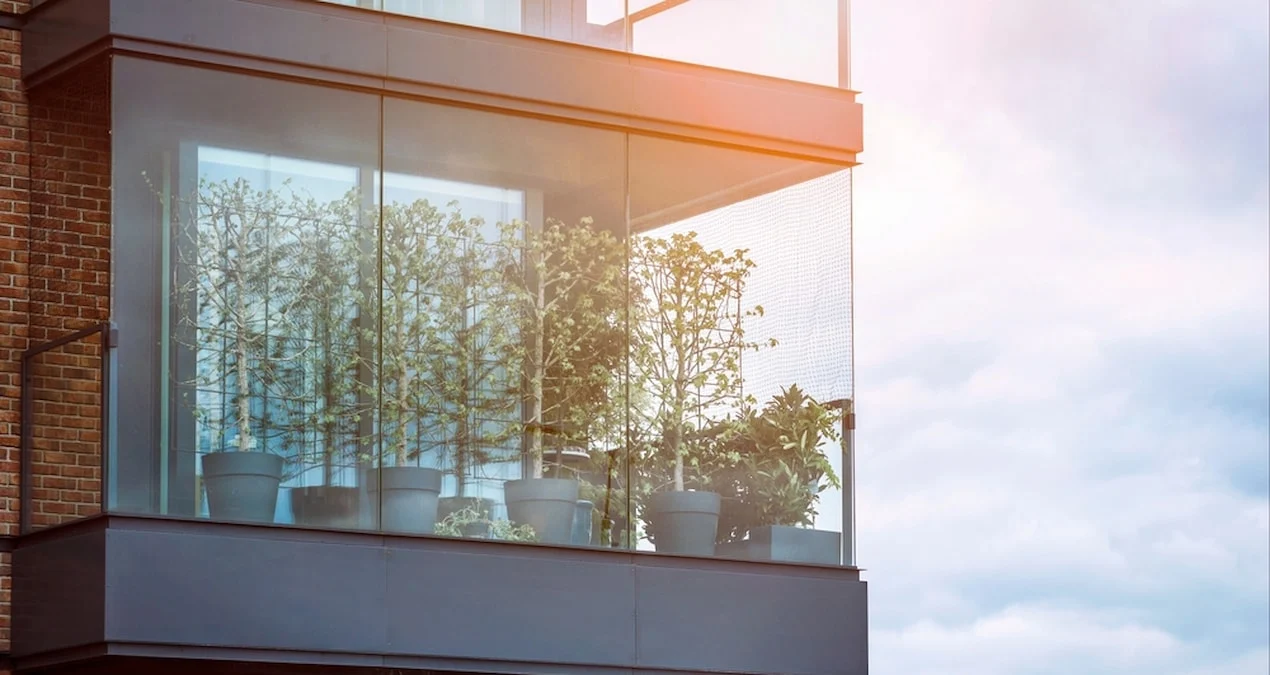Balcony and Exterior Facade Decision from the Supreme Court: Changes Made Without Permission are Considered Illegal While apartment life in Turkey is intensifying every day, legal disputes about building aesthetics and common space usage are also increasing. Supreme Court 18alcony and Exterior Facade Decision from the Supreme Court: Changes Made Without Permission are Considered Illegal While apartment life in Turkey is intensifying every day, legal disputes about building aesthetics and common space usage are also increasing. Supreme Court 18. The Law Department has taken a clear line on this issue with its recent decision: exterior facade changes made without permission from the floor owners will be evaluated as illegal structures. Balconies are Also Considered Common Areas According to the decision, balconies in apartments are not only personal use areas but also a part of the exterior of the building. Therefore, any work such as enclosing, glazing or covering with PVC on balconies is considered as changes that concern the commonAccording to the decision, balconies in apartments are not only personal use areas but also a part of the exterior of the building. Therefore, any work such as enclosing, glazing or covering with PVC on balconies is considered as changes that concern the common area. The Court of Cassation decided that the nature of the material used (glass, PVC, etc.) he specifically stressed that he would not change this situation. In other words, the fact that the material is more aesthetic or modern does not legitimize the intervention legally. What Does the Condominium Ownership Law Say? According to the Condominium Ownership Law, written approval of at least four-fifths of the condominium owners is required for any changes related to the exterior facade in apartment buildings. Changes made without approval fall into the status of “illegal construction”.According to the Condominium Ownership Law, written approval of at least four-fifths of the condominium owners is required for any changes related to the exterior facade in apartment buildings. Changes made without approval fall into the status of “illegal construction”. Applications that are deemAccording to the Condominium Ownership Law, written approval of at least four-fifths of the condominium owners is required for any changes related to the exterior facade in apartment buildings. Changes made without approval fall into the status of “illegal construction”. Applications that are deemed illegal are forced to be restored to their original state at the end of the legal process. This situation applies not only to balcony closures; it also applies to any type of paint, coating, advertising sign or fixed addition to be made on the exterior of the apartment building. Neighbor Permission Is Required The most important aspect of the decision of the Supreme Court is that it strengthens the neighborhood law in apartment buildings. It has become clear that steps cannot be taken for any changes to be made in common areas without seeking the consent of the majority of the neighbors.The most important aspect of the decision of the Supreme Court is that it strengthens the neighborhood law in apartment buildings. It has become clear that steps cannot be taken for any changes to be made in common areas without seeking the consent oThe most important aspect of the decision of the Supreme Court is that it strengthens the neighborhood law in apartment buildings. It has become clear that steps cannot be taken for any changes to be made in common areas without seeking the consent of the majority of the neighbors. This decision reminds us that the concept of ”I do what I want in my own house" does not apply in apartment life. Because the exterior facade is under the common ownership of all floor owners, not of a single owner. Effects on the Real Estate Sector As CEESS Global, we see that this decision will also directly affect the real estate sector. Especially: In sales: The legal status of apartments with balcony closures or facade changes will be questioned. In leases: Illegal qualified changes may cause problems in lease agreements.In sales: The legal status of apartments with balcony closures or facade changes will be questioned. : Illegal qualified changes may cause problems in lease agreements. In valuation reports: Such legal risks may affect the price in determining the value of real estate. Therefn sales: The legal status of apartments with balcony closures or facade changes will be questioned. In leases: Illegal qualified changes may cause problems in lease agreements. In valuation reports: Such legal risks may affect the price in determining the value of real estate. Therefore, anyone who wants to buy or sell a house needs to verify the changes made to the exterior of the apartment by comparing them with the land registry and site management records. Recommendations from CEESS Global Pre-Purchase and Pre-Sale Control: Question the compliance of the changes made to the exterior facade with the management plan before purchasing a real estate.Pre-Purchase and Pre-Sale Control: Question the compliance of the changes made to the exterior facade with the management plan before purchasing a real estate.urchase and Pre-Sale Control: Question the compliance of the changes made to the exterior facade with the management plan before purchasing a real estate.

